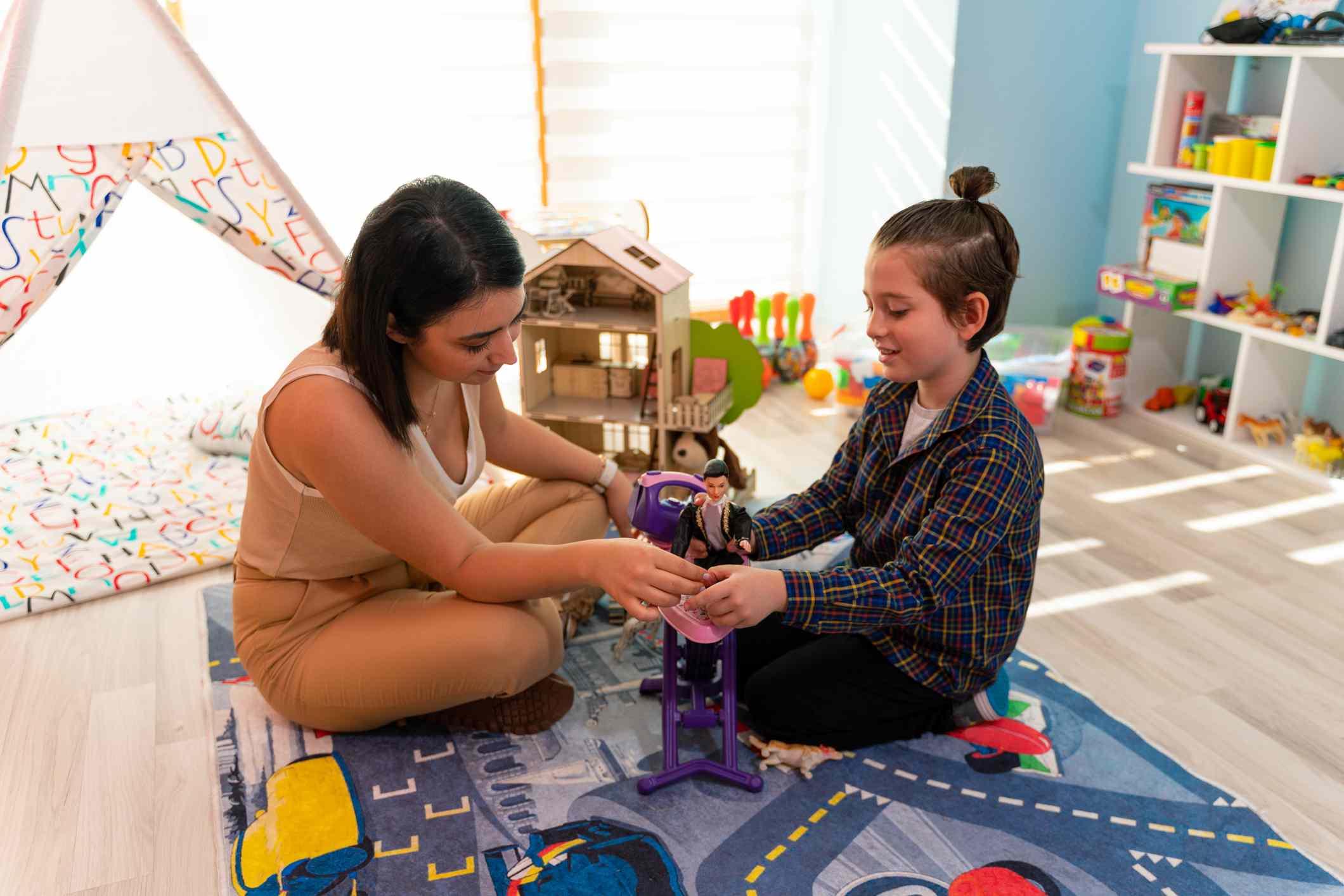Neurodevelopmental Disorders: Understanding Early Signs, Diagnosis & Support

Neurodevelopmental disorders are a group of conditions that affect how the brain grows and develops, influencing a child’s behaviour, learning, communication, and social interaction skills. These conditions often appear early in life and, when identified on time, can be effectively managed with structured therapies, guided interventions, and consistent family support. At Cadabam’s CDC, a multidisciplinary team works closely with children and families to ensure early assessment, personalised treatment, and long-term developmental progress.
What Are Neurodevelopmental Disorders?
Neurodevelopmental disorders are conditions caused by atypical development of the brain and nervous system. These differences can impact cognition, language, motor skills, social functioning, or adaptive behaviour. They may arise due to genetic factors, prenatal or perinatal complications, or environmental influences, though the exact cause often varies from child to child.
Common neurodevelopmental disorders include:
-
Autism Spectrum Disorder (ASD)
-
Attention-Deficit/Hyperactivity Disorder (ADHD)
-
Intellectual Developmental Disorder (IDD)
-
Learning Disabilities (Dyslexia, Dysgraphia, Dyscalculia)
-
Speech and Language Disorders
-
Developmental Coordination Disorder (Dyspraxia)
-
Cerebral Palsy
-
Social Communication Disorder
Each condition presents differently, but they often share challenges in communication, motor skills, academic performance, or behavioural regulation.
Early Signs Parents Should Look For
Early detection plays a critical role in improving developmental outcomes. Some signs to look for include:
Communication & Social Skills
-
Limited eye contact
-
Delayed speech or difficulty understanding instructions
-
Lack of response to name
-
Difficulty interacting with peers
Behaviour & Emotional Regulation
-
Hyperactivity, impulsiveness, or difficulty sitting still
-
Repetitive behaviours or fixation on specific objects
-
Emotional meltdowns over minor changes
Motor Skills
-
Delayed crawling, walking, or fine motor skills
-
Poor coordination or frequent falls
Learning Difficulties
-
Trouble recognising letters, numbers, or shapes
-
Difficulty remembering or processing information
If these signs persist, an early developmental assessment at a specialised centre like Cadabam’s CDC can provide clarity and direction.
Diagnosis of Neurodevelopmental Disorders
Diagnosis involves a combination of developmental screening, clinical evaluations, and standardised tests. At Cadabam’s CDC, assessments are conducted by experts in:
-
Child psychiatry
-
Clinical psychology
-
Speech-language pathology
-
Occupational therapy
-
Special education
A thorough evaluation helps identify the child’s strengths, challenges, and specific developmental needs, which forms the basis of a personalised intervention plan.
Treatment & Management Options
While neurodevelopmental disorders are lifelong, early and structured intervention significantly improves a child’s developmental trajectory. A holistic care plan may include:
1. Behavioural Therapy
Approaches like ABA, early intervention programs, and positive behaviour strategies help children build essential skills and manage behaviours effectively.
2. Speech & Language Therapy
Improves communication, comprehension, articulation, and social communication abilities.
3. Occupational Therapy (OT)
Helps with fine motor skills, sensory processing, daily living skills, balance, and coordination.
4. Special Education & Learning Support
Individualised education plans (IEPs) support children with academic challenges such as dyslexia or dysgraphia.
5. Parent & Family Counselling
Guidance for families to create supportive home routines and learn effective communication strategies.
6. Medication (when required)
In conditions like ADHD, medication may be recommended alongside therapy to support attention and behavioural regulation.
At Cadabam’s CDC, interventions are personalised based on the child’s age, strengths, challenges, and long-term developmental goals.
Why Choose Cadabam’s CDC?
Cadabam’s CDC brings together decades of expertise in child development with a compassionate, evidence-based approach. Families receive:
-
Comprehensive assessment under one roof
-
Customised therapy plans
-
Regular progress tracking
-
Collaborative care involving parents, schools, and therapists
-
A safe, child-friendly therapeutic environment
The goal is to empower every child to reach their fullest potential—academically, socially, emotionally, and behaviourally.
Final Thoughts
Neurodevelopmental disorders can feel overwhelming for families, but early recognition and intervention can make a tremendous difference. With proper therapy, structured support, and continuous monitoring, children can thrive and lead fulfilling lives. At Cadabam’s CDC, the focus is on nurturing each child’s unique abilities while helping them overcome developmental challenges with confidence and care.




